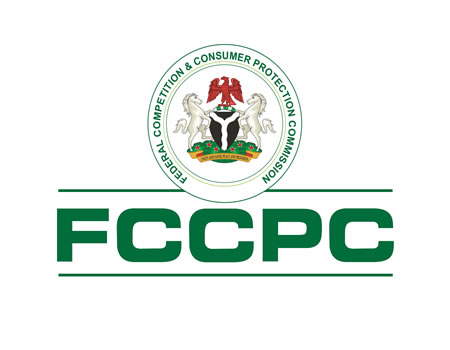The Federal Competition & Consumer Protection Commission (FCCPC) receives over 100 complaints daily from Nigerians. This was disclosed at the training of over 120 members of non-governmental organisations (NGOs) and civil society groups across the nation to better understand the rights of the consumer.
Speaking at the training in Abuja, the Executive Vice Chairman of FCCPC, Babatunde Irukera said the commission was working hard to create consumer rights awareness as a means of reducing trader, customer conflict.
According to him, “the purpose of this programme is to enlighten people and CPG s(consumer protection groups) who are the NGOs.
“Let me use this opportunity to thank you for the role you have been playing in the consumer education and enlightenment of our people.”
Represented by Dr Alihu Mohammed, Director of Administration, FCCPC, Irukera stated that “We have to work together with you. We have to collaborate with each other to see that our dear consumers are not cheated.
“We are organising programmes like this so that you will go back to your various destinations and enlighten Nigerians out there. This is the essence of our being here”.
ALSO READ FROM NIGERIAN TRIBUNE
He explained that once the consumer is enlightened, “nobody will cheat anybody.
If what is said here is taken out there for enlightenment, Nigeria will be a better place.
“Today, we receive not less than 100 complaints in a day. This is all because Nigerian consumers are becoming enlightened day after day.”
On his part, the Commissioner for Operations with FCCPC, Dr Abdullahi Adamu called on the trainees to spread consumer rights awareness.
Represented by Mrs Joy Lekauwa, Head, Consumer Education, Adamu told the NGO members that “you are here to get all necessary information that will help you to do this voluntary work better than you were doing before.
“We want to come to that point where everybody that is a consumer in Nigeria will know his or her rights, and the government can definitely not do it alone without complementary efforts from the civil society, and so you are very important and that’s why you are here.”
WATCH TOP VIDEOS FROM NIGERIAN TRIBUNE TV
- Let’s Talk About SELF-AWARENESS
- Is Your Confidence Mistaken for Pride? Let’s talk about it
- Is Etiquette About Perfection…Or Just Not Being Rude?
- Top Psychologist Reveal 3 Signs You’re Struggling With Imposter Syndrome
- Do You Pick Up Work-Related Calls at Midnight or Never? Let’s Talk About Boundaries






